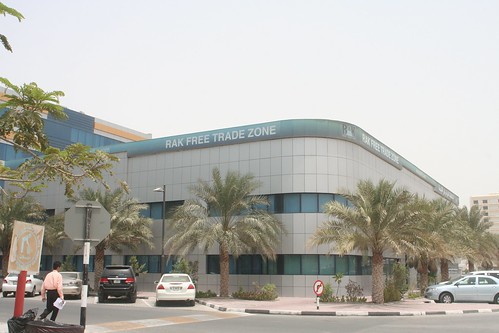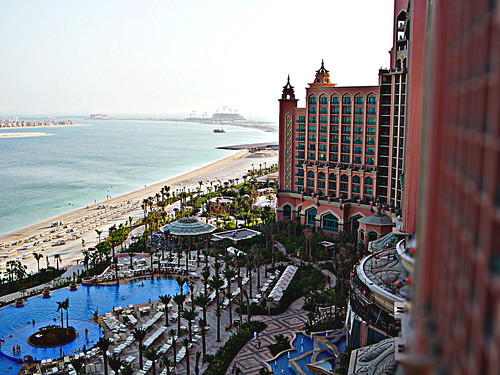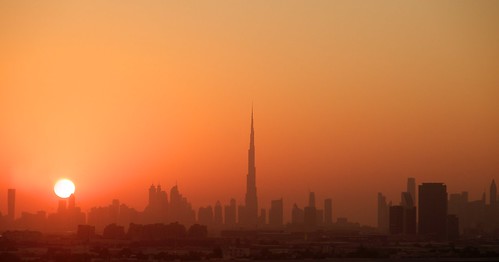Ras Al Khaimah Free Trade Zone awarded ten excellent
companies at the First Annual Business
Excellence Awards
Ras Al Khaimah Free Trade Zone (RAK FTZ)
awarded ten companies during the first Business Excellence Awards Programme for their exhibiting excellence in their
Business activities, showing the most growth as well as innovation and
corporate social responsibility amongst other business-orientated features. RAK
FTZ is home to more than 8000 companies involved in investment business. More than 120 were included in the free
zone’s awards. A judge committee from the International Performance Excellence
(IPE) selected the winners.
His Highness Sheikh Ahmad Bin Saqr Al Qasimi, Chairman of RAK FTZ,
congratulated the winning businesses for their outstanding business
performances and for their contribution to the economic development of the free
zone as well as the business sector in which they are involved. The free zone’s
government believes that commemorating the most successful business activity
and excellence does not only accentuate the awarded businesses but also the
free zone itself for providing them with benefits so as to run their businesses
more effectively. Some benefits include A-class facilities, top-notch quality business
set-up support and lower costs. RAK FTZ is looking forward to helping even more
corporations set up their businesses in RAK FTZ during the following years.
The winners of RAK FTZ’s Business Excellence Awards Programme included:
J & R Business Consultancy-which provides business consultancy
services as well as training. The company was awarded the ‘Best Small to Medium
Size Business Award’ due to its outstanding provision of services.
Burkert-Contromatic AG International Middle East-was awarded the ‘Best
Technology Award’ accentuating their efforts for producing new and innovative
products and services linked to technology and promoting them into the market.
Eurocap-an organisation that manufactures lids and caps for cosmetic
products including perfumes as well as plastic packaging products was awarded
the ‘Best Contributor to Ras Al Khaimah Development’ award. The award
highlights the important role the business has played in the economic and
social progression of the emirate.
Biri Industries-was awarded the ‘Fastest Growing Company’ award,
highlighting the immense growth it has shown since its launching. Biri
Industries manufactures and supplies hoses and pipes for agriculture, domestic
use, oil and gas as well as marine and for other industrial linked sectors.
Utico-was awarded the ‘Best Corporate Social Responsibility’ award for
its beneficial business activities towards both the environment and society.
The company is the largest private service company throughout the Middle East.
Milly Pack-was awarded the ‘Best Start-Up’ award which highlights the
efforts of a corporation that has been running for under three years and has
shown innovative business practices. The organisation is involved the packaging
and packing of material industry.
RAK FTZ also awarded companies for their successful accomplishments and
support towards the emirate and free zone. Several of the companies are
outlined below.
Both Zaher Kayyali Trading and TCA International were awarded with the
‘Referral Champion of the Year Award’ for contributing the most referral to RAK
FTZ.
Both Intertrad and RamJet Aviation Support were awarded with the
‘Pioneer Award’ honouring them for conducting their business activities the
longest in the free zone. The first company is involved in the import and
export business of wool, tiles, synthetic rubber as well as spices, tea and
other food products. The latter is involved in the aviation services sector and
has run business activities in RAK FTZ since 2007.
The judging committee were part of the International Performance
Excellence (IPE) company, a private company that supports business quality
throughout the world. Eithad Airways, National Bank of Abu Dhabi, Abu DhabiEducation Council, Abu Dhabi Police as well as the UAE Ministry of Health are
several of the IPE’s many clients.






